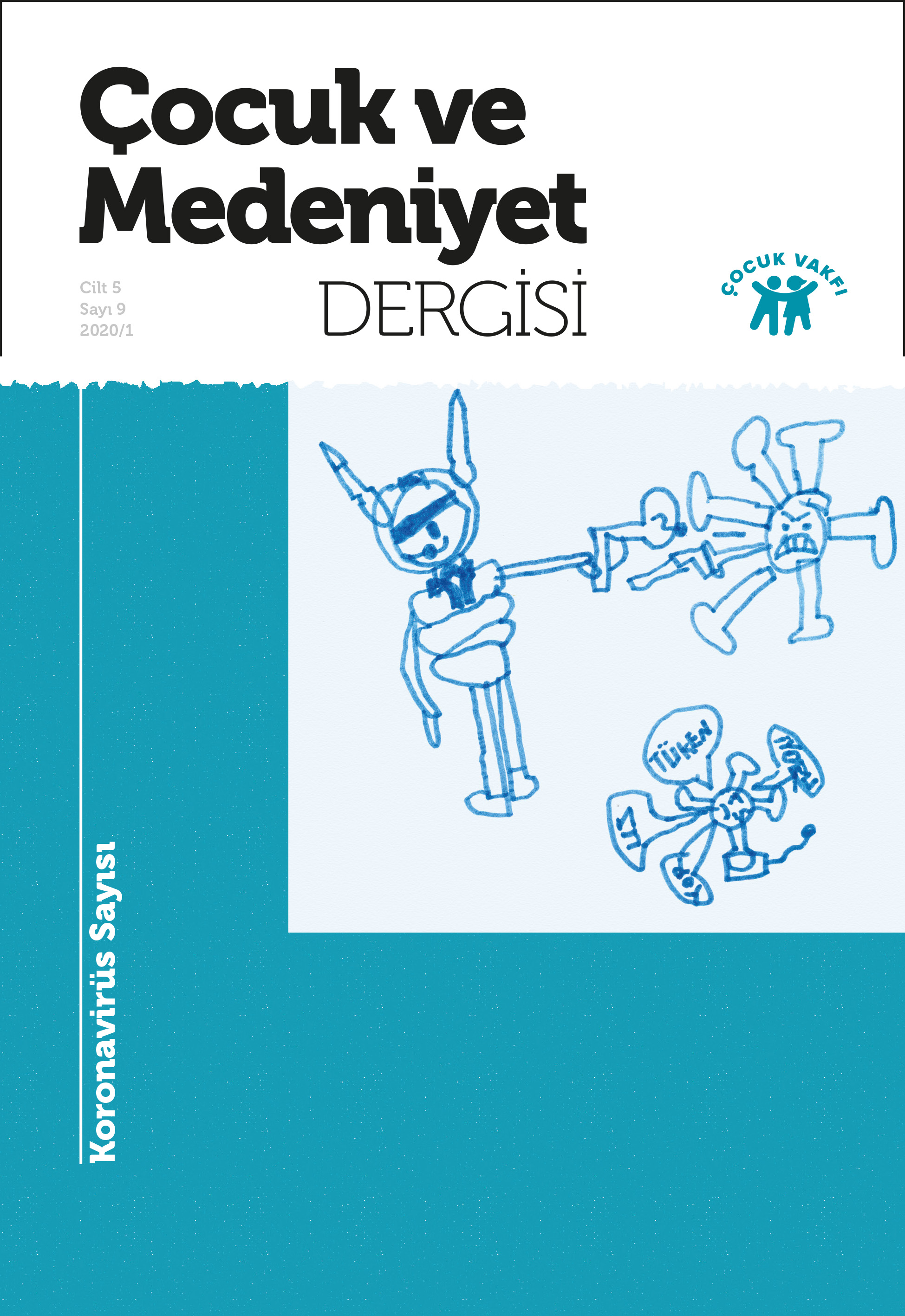Refah Rejimleri İtibarıyla Çocuk Yoksulluğunun Değerlendirilmesi: AB-Türkiye Karşılaştırması
DOI:
https://doi.org/10.47646/CMD.2020.200Keywords:
Child poverty, deprivation, well-being, welfare regimes, EU child policiesAbstract
Being one of the main research topics in social policy, poverty is the biggest obstacle to human rights and to a life suitable for human dignity. Poverty is more intense among vulnerable groups in the society. It is a well-known fact that poverty among children causes irreversible problems throughout their lifetime. Child poverty is a major issue in both developed and developing countries.
In this article, child poverty is analyzed in Turkey and some selected European Union countries according to four welfare regime classification and policies that countries implemented to reduce child poverty have been addressed. The EU succeeded to establish an economic and monetary union but a standard policy framework has not been created to alleviate poverty, especially among children. In this regard, child poverty in member countries has still severe implications in children’s lives.
Turkey made some progress in reducing child poverty thanks to the increased social assistance in recent years but there is room for developing different policy instruments in dealing with deprivation and child well-being. Supporting female employment and other income generating activities, revitalization of rural economies and increasing efficiency of service delivery in rural areas could reduce child poverty.

